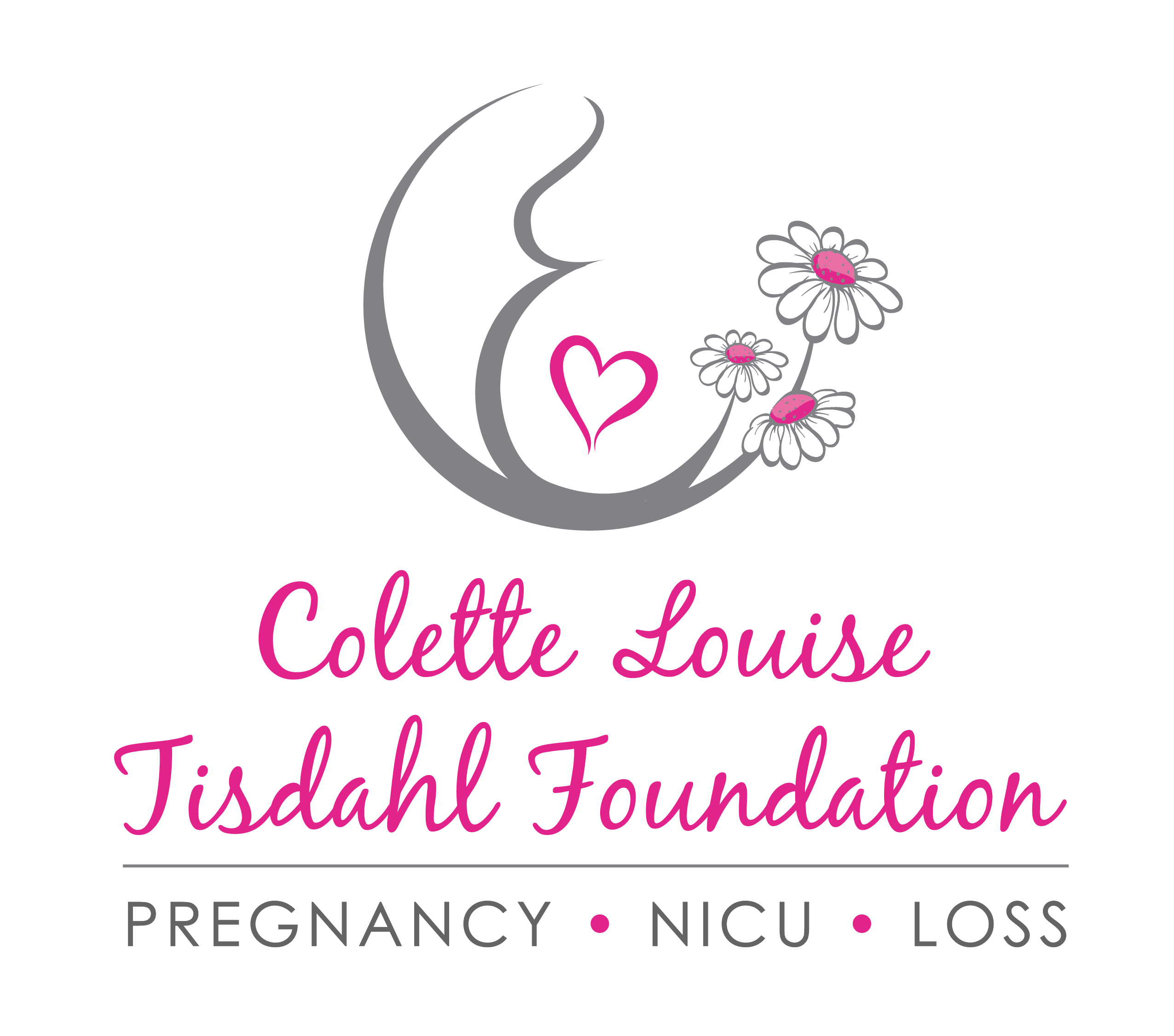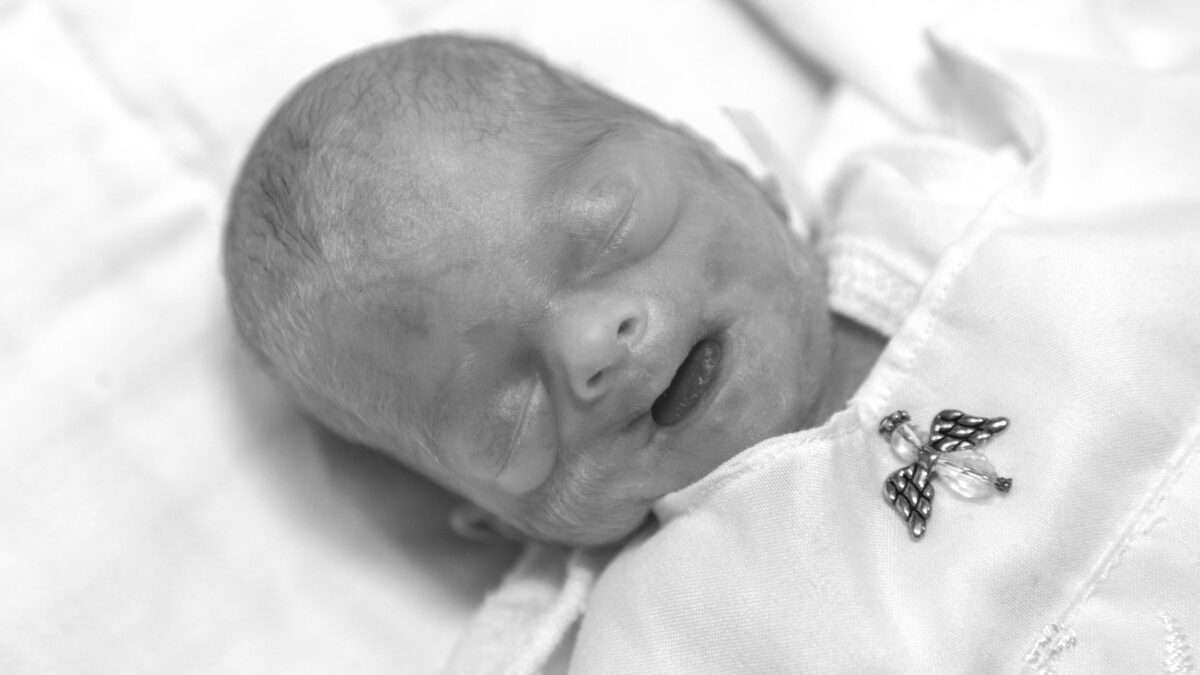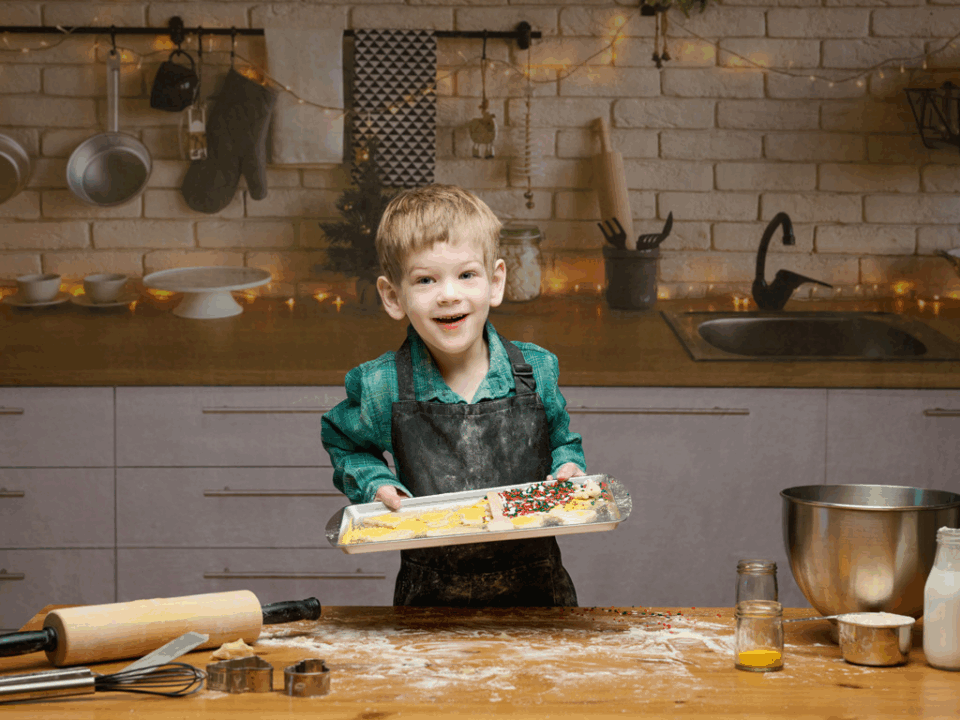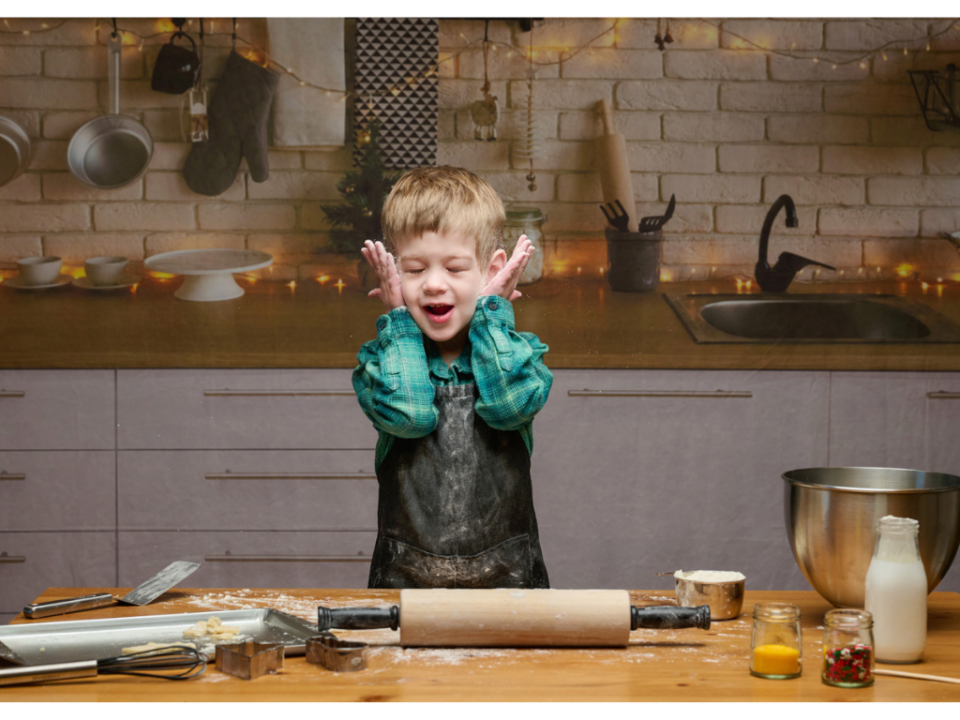
Friday Five: 5 Things I Wish I Had Known About Parenting
April 2, 2021Friday Five: Five Things I Learned About Infertility
May 14, 2021By Michelle Valiukenas, Co-Founder and Executive Director and mom to angel baby Colette Louise
Trigger warning: talk of infant death and suicide
Many years ago, a mentor of mine told me that the moment she held her first child was the most transformational moment of her life. She said that at that moment, she felt like she had become a completely new person.
Years later, I will say my most transformational moment came when I held my first child. Of course, that moment was very different than I expected. She was not newly born, she was nine days old, removed from the tubes and cords, taken out of the incubator she had called home, and placed into my arms to die in comfort. When your child dies, your world gets broken into two—the before and the after. I became a different person and that different person still exists today.
In the nearly three years since her birth, short life, and death, I have learned more than I had in any of the thirty some years prior. This is a look at some of the most important lessons I learned after my daughter’s death.
1. A piece of you dies with your child.
This probably sounds melodramatic to most people who have not experienced this kind of loss, but on May 31, 2018, when Colette took her final breaths, a piece of me also went. This was the piece of me that was still innocent, that did not live with the reality that sometimes babies die. This was the piece of me that foresaw a world of raising a girl, of dresses, ballet, mother/daughter outings, and the like. This was the piece of me that wanted to be a mom so badly and ached to hold her child. This was the piece of me that longed to be wherever my daughter was. This was the piece of me that cared about appearances, that worried about what people thought, that wanted to portray the happy picture to the outside world. This piece of me was everything of what I thought motherhood would be pulled out from under me, forcing me to create and survive in a new reality, a reality I could have never imagined, a reality that was in opposition to everything in nature that said I should die before my child.
2. People will surprise you.
If my grandfather died and you were comforting me, would you tell me you can always have another grandfather? Probably not, but for some reason, when it comes to the death of children, that is looked at as a positive and as something you can magically fix.
If any other member of my family had died, I know that the friends I expected to be there would have been. We know how to comfort a grieving friend, a friend who is experiencing the death of a loved one that we are equipped to handle. But, somehow, when it is your child, instead of using those same skills we know, we tend to clam up and think well I do not know what to say. They will say things that are hurtful, things like “well, at least you weren’t that far along,” or “at least you know you can get pregnant,” or countless others. One of my favorite things was being told, “well you can always have another” or the variations of that statement. If my grandfather died and you were comforting me, would you tell me you can always have another grandfather? Probably not, but for some reason, when it comes to the death of children, that is looked at as a positive and as something you can magically fix.
But, what really surprised me was how many people just hid, ignored the fact that I had a daughter I had lost, and either stayed hidden or just wanted to move on with things, to get to the topics they were more comfortable with. There were several people in my life that I considered to be part of my inner circle so to speak that just were not there and that I have since removed from my life. So those people disappoint you and become what we refer to as secondary losses, those losses that occur as a result of your child’s death, but not the death itself which is a primary loss.
Yet, at the same time, you will find new friends and renew friendships. Friends and acquaintances that were not your first calls will come out of the woodwork and become very supportive friends. You will meet new people who have also suffered a loss, people that you will be drawn to in ways that are unexplainable and people that you seek out if you go to a support group or meet other moms who disclose their losses. My whole friend group dramatically changed, some friends stayed, some friends left, some friends moved closer into the circle, and then new ones popped up. If I have an issue in parenting, if I need to talk to a fellow mom, if I need someone to just hear me vent, I have a group of fellow loss moms that hear from me (and vice versa). These are women that I have met within the last three years that I turn to in the same way I previously turned to lifelong or close to lifelong friends.
3. You will torture yourself with what if’s.
What if I had made the different decision? What if I had followed my own wishes and not the medical advice presented to me? What if, what if, what if. Anytime anything happens to a child, parents immediately blame themselves—if I had been watching the kids better, then no one would have fallen or if I had made something different for dinner, then no one would have gotten sick. But, when your child dies? The guilt, the wondering, the hypothetical situations you can create in your head about how if you had just done this or that would have changed the outcome will overwhelm you.
Here’s the thing. It is really easy to think about all the things that could have gone differently and to torture yourself over them, but the bottom line is that most of the time, there is no guarantee for anything and we have to make a hundred decisions a day that could all affect the outcome of the day, week, month, year. Whatever decisions you made were based on the information you knew at that moment, at that point in your life, and so you made what you thought was the best decision. You will torture yourself if you let that go on too long so stop and forgive yourself.
4. You will wish you had died with your child.
Now, I know when I say this, that it sounds like I may have some serious mental health issues or that I am suggesting suicide. I am not, I never contemplated taking my own life, and if you or someone you know is reading this and has those thoughts, please, please, please immediately stop reading and seek help. Call the Suicide Prevention Line at 800-273-8255 or visit their website. The world is so much better with you in it and if you are feeling like it is not, then please seek help, work through your pain.
Okay, so what do I mean with this statement? Remember earlier when I said that a piece of me died when Colette died? I have often felt envious of that piece of me because she is with Colette. I am a mom, I should be with my child and if that involves death and an afterlife, then that is where I should be. The pain of living without your child is unlike any other pain and it is okay to think that it would be easier if you had died with your child. But, I assure you, it would not have been and the pain that you would have left behind would have been immeasurable for your loved ones.
I share this lesson because the first time that I said it aloud, I was shocked it had come out of my mouth. I wondered if it was normal to think if only I had died too. Guess what? You are protecting yourself and you are hurt and grieving and in pain and to think of a world where you did not have to feel that is only natural. As long as you feel comfortable with knowing you would not take matters into your own hands and you can truly believe that you do not actually wish for death, but instead are using that as a metaphor for a world where you did not have so much pain and heartbreak, then it is okay to feel like that and it’s even okay to say it aloud.
But, if you do worry that you could go through with taking your own life, then seek help immediately. You can work through this, you can survive it, even when it does not feel like you can. There are incredible professionals who specialize in trauma and grief and loss who will put in the time as long as you are also willing to and you can work through the multitude of emotions that you have.
Trust me, I am writing this to you as someone who has lived almost three years without her daughter, who has an almost one year old son who is the most amazing baby, and who goes to therapy once a week (and sometimes more often). I created a toolkit for myself to deal with this and you can do the same as well.
You will develop the world that works for you that allows you to hold space for your deceased child(ren), to work through that grief, to understand that there are days and times when that grief will feel all consuming and that even when it is not, it is always present, and also allows you to be excited about all the various things in your life.
5. You will learn to laugh again, to have joy, to live in the in between of grief and pain and of joy and laughter.
This brings me to the part that for so long, alluded me. I have heard of loss parents putting their hands over their mouth the first time they laugh because it feels like they should not in a world where their child is not alive. But, here’s the thing, even with a child who is not here, you are here and you are alive and wasting that time is a tragedy. Life will move on, not in the way grief is usually presented to us as okay, you had your grieving period and now move on with your life, but in a new normal, in a way that you will build and develop that keeps your child close to you, alive in your heart and allows for all the natural joys of life—for other children if that is in the cards for you, for weddings, birthdays, date nights, silly days, funny movies, and so on. You will develop the world that works for you that allows you to hold space for your deceased child(ren), to work through that grief, to understand that there are days and times when that grief will feel all consuming and that even when it is not, it is always present, and also allows you to be excited about all the various things in your life—the small things and the big things, the place that allows you to make new memories, to laugh, to enjoy, to delight.
This world can exist as it does for me and for my loss parent friends. It’s definitely not ideal, but it is something we have all survived, not alone, but together.



